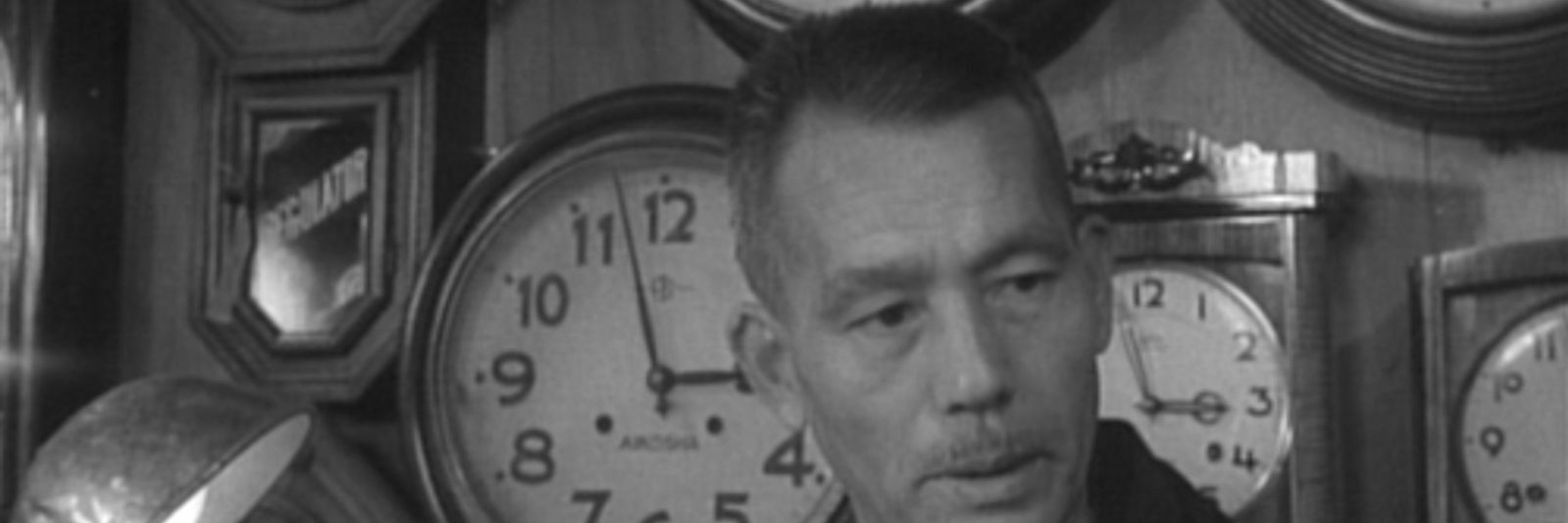Why I Hate 110th Anniversary of Yasujiro Ozu
This is 110th anniversary of Yasujiro Ozu. Not so many artists receive recognition at the centenary of their birth, even less do at the 110th. But it is good to know that there will be a new generation of audience who will discover his works for the first time in this occasion. During the past months, I saw many books published, magazines running special issues, his prints newly restored, theaters holding Ozu festivals, and Blurays released. But somehow, my interests have faded away. Maybe it is a temporary thing, but I am fed up with this hype. Then I started …

